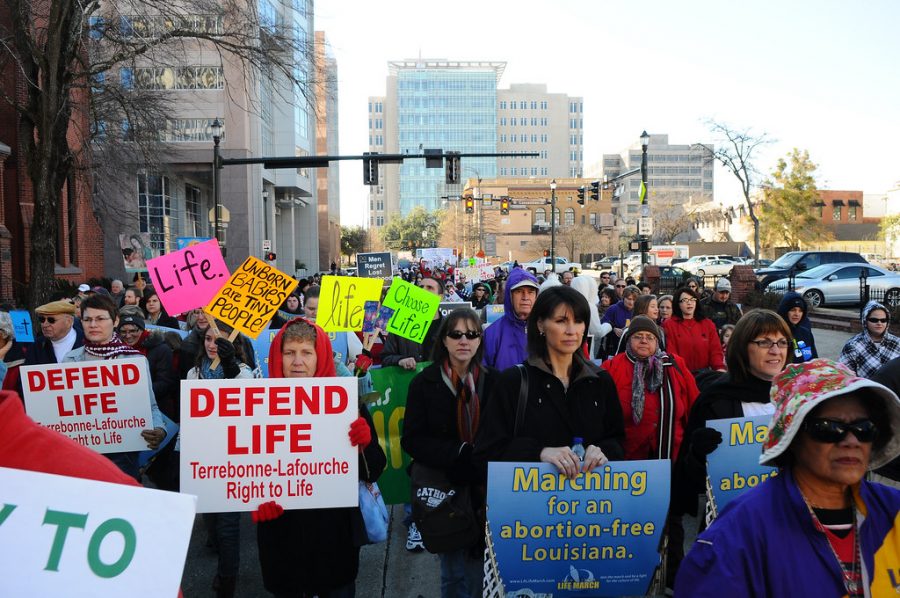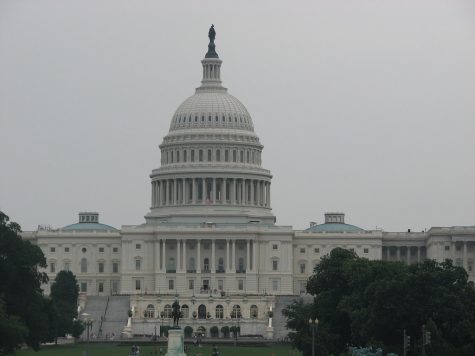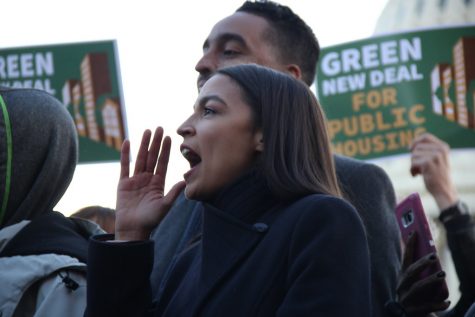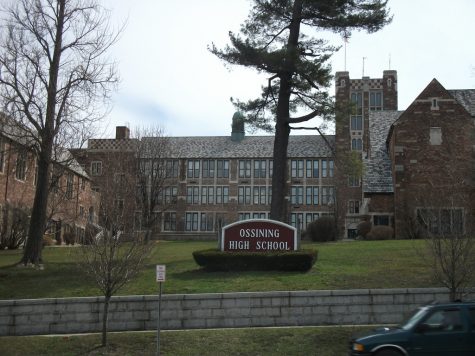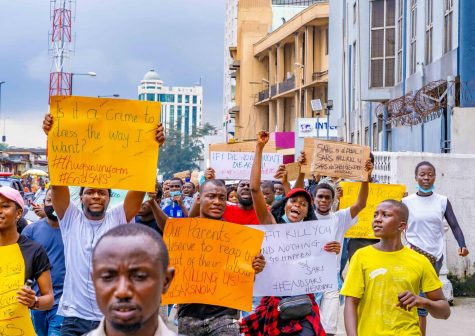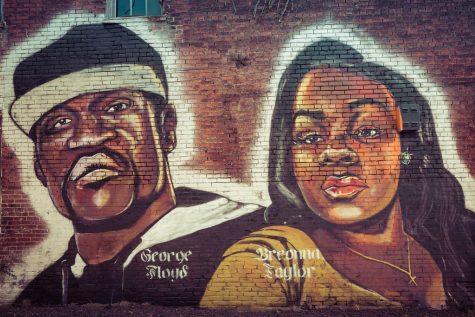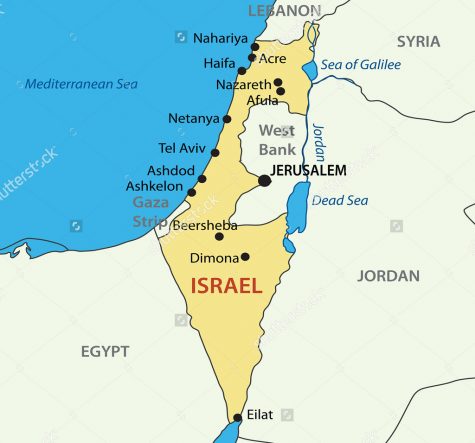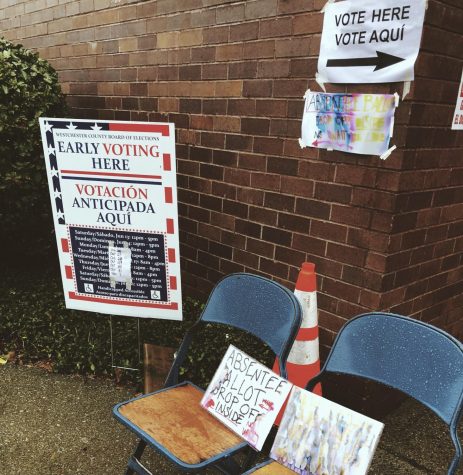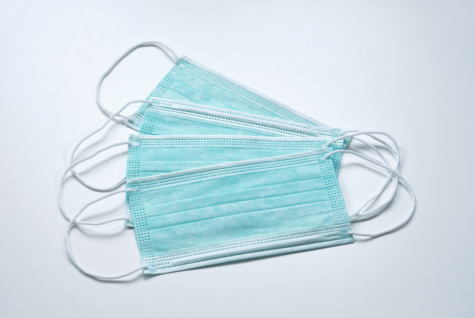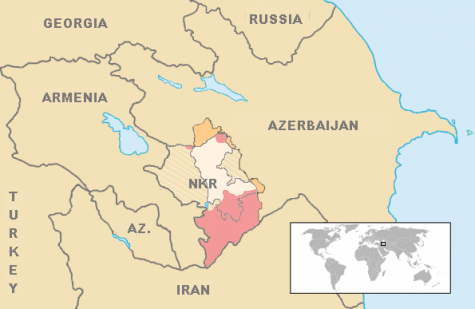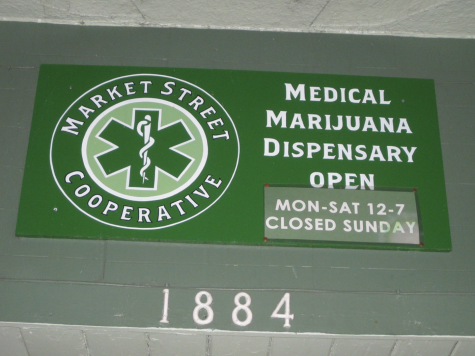National Feud Over Abortion Laws Intensifies as Louisiana Voters Limit Abortion Protections
December 2, 2020
LOUISIANA—Earlier this year, the United States Supreme Court decided that the Louisiana law requiring abortion providers to have admitting privileges at local hospitals unconstitutional as it created an additional burden for those seeking an abortion. This 5-4 ruling, with Chief Justice John Roberts casting the deciding vote, would have forced all but one of Louisiana’s abortion providers to close, according to critics. Although this decision served as a major victory for women’s rights supporters, the national fude over the future of abortion laws continues to intensify.
Following the death of Associate Justice of the Supreme Court Ruth Bater Ginsberg in mid-September, President Donald J. Trump nominated Amy Coney Barrett to fill the court’s vacancy. In the eyes of many abortion rights supporters, Barrett’s confirmation to the court marks the endangerment of the precedent set by Roe v. Wade (1973). Not only has Barrett publicly stated that the case rejected the judicial principle of stare decisis, but she was also a member of an anti-abortion organization in 2016.
Recently, Louisiana voters approved the passing of a state amendment, Proposed Amendment No. 1, limiting statewide abortion protections. Language was added to the state’s constitution explicitly stating, “To protect human life, nothing in this constitution shall be construed to secure or protect a right to abortion or require the funding of abortion.” Only three other U.S. states, Tennessee, Alabama, and West Virginia, have constitutional language similar to Louisiana’s language addition. Given the current conservative leaning of the Supreme Court, the amendment would prevent the court from declaring abortion restrictions unconsitutional at the state level, should Roe v. Wade (1973) be overturned.
The state of Louisiana has some of the highest poverty rates in the United States. According to data from the U.S. News & World Report, almost 20% of the Louisania population currently lives on or below the poverty line. Previous studies have shown that there is a direct correlation between poverty rates and the need for abortion services. Despite this knowledge, only two-thirds of Lousiana’s abortion clinics remain, instilling fear among women’s rights supporters and joy among pro-life activists.
As the fight for access to abortions in Louisiana intensifies, so does the national debate over the right to choose. The nomination of Amy Coney Barrett to the Supreme Court, coupled with the actions taken by Louisiana and other conservative states, signals the continued inflammation of a decades long debate over the right of government to dictate what women can do to their body.
Disclaimer: The information in this article has been pulled from The New York Times, Mother Jones, The Guardian, CNN News, and the U.S. News & World Report.



